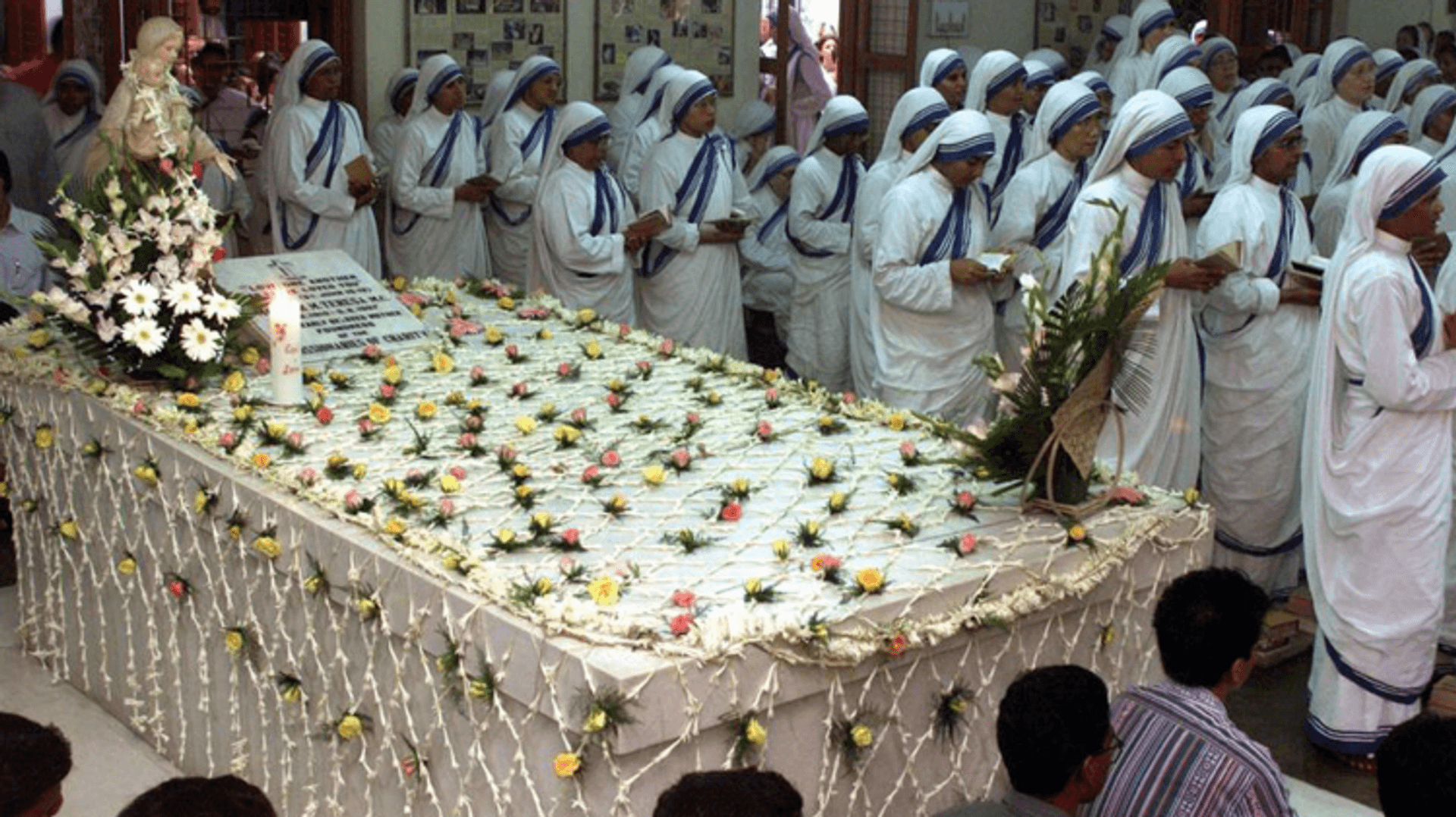MUMBAI – On the Catholic Church’s 31st Day of the Sick, the successor of Mother Teresa, the saint known to the world as the “Apostle of Charity,” has urged believers to ensure that suffering people never feel alone.
“Moments of suffering are always accompanied by a feeling of aloneness,” said Sister Mary Joseph, a native of Kerala in India who was elected last March to become the third successor of Mother Teresa, formally known as “St. Teresa of Kolkata,” as superior of the Missionaries of Charity.
“We pray for all the sick people, in our families, in our neighborhood, that they may never feel left alone, or be treated with indifference or lack of concern by those of us whom God has put in their path of life to be God’s presence and compassion to them,” she told Crux.
The World Day of the Sick is an annual observance, though not a liturgical feast, instituted by Pope John Paul II in 1992. It falls on Feb. 11, which is also the memorial of Our Lady of Lourdes, considered among the foremost devotions for sick and suffering persons in Catholic tradition.
In the three decades since John Paul marked the first Day of the Sick, popes have often cited Mother Teresa as a role model.
In 2019, for instance, when the main celebration of the Day of the Sick was staged in Kolkata, Pope Francis praised Mother Teresa as an exemplar who “remains for us today an eloquent witness to God’s closeness to the poorest of the poor.”
“Her example continues to guide us by opening up horizons of joy and hope for all those in need of understanding and tender love, and especially for those who suffer,” the pope said.
In her comments to Crux, Joseph quoted Mother Teresa to the effect that everyone, sooner or later, is called “to stand at the foot of the Cross.”
“All of us are called at one time or another to stand by suffering,” Joseph said. “Sometimes it is our own suffering or the suffering of a loved one, or even the suffering of a person entrusted to our care.”
“In order to stand with a suffering person, we need that beautiful quality of a human heart – a compassion!” Joseph said. “A touch of compassion, or a look of compassion, can bring hope to the one suffering.”
She told a story from her own experience to illustrate the point.
“Once, while I was in the Philippines working with children suffering from malnutrition, a child about 2 years old who was very sick due to severe malnutrition was brought in,” Joseph said.
“As I went close to him, I saw flies around his ears and realized his ears were smelling, badly infected, with pus leaking. I saw that lonely look on his face and picked him up and kissed him on his forehead.”
“As I kissed him, he gave a deep sigh of relief! An acknowledgement, ‘I am not alone…someone is with me!’” Joseph said.
Such experiences, she said, are a gift.
“All of us are created and called to be brothers and sisters to each other on our earthly pilgrimage,” she said. “We have to be grateful for the many opportunities God gives us, to bring hope into the lives of many suffering people, by our loving concern for the individual sufferer.”
“In this way, we can help our troubled world, sometimes on the brink of despair, to discover a new reason to live or to die with a smile of contentment,” Joseph said.
The theme of this year’s edition of the World Day of the Sick is “Take care of him,” a reference to the Parable of the Good Samaritan in the Gospel of Luke.
In a message for the observance released on Jan. 10, Pope Francis likewise stressed the importance of closeness to suffering persons.
“It is especially important to recognize the condition of loneliness and abandonment,” the pope said. “This kind of cruelty can be overcome more easily than any other injustice, because – as the parable tells us – it only takes a moment of our attention, of being moved to compassion within us, in order to eliminate it.”















